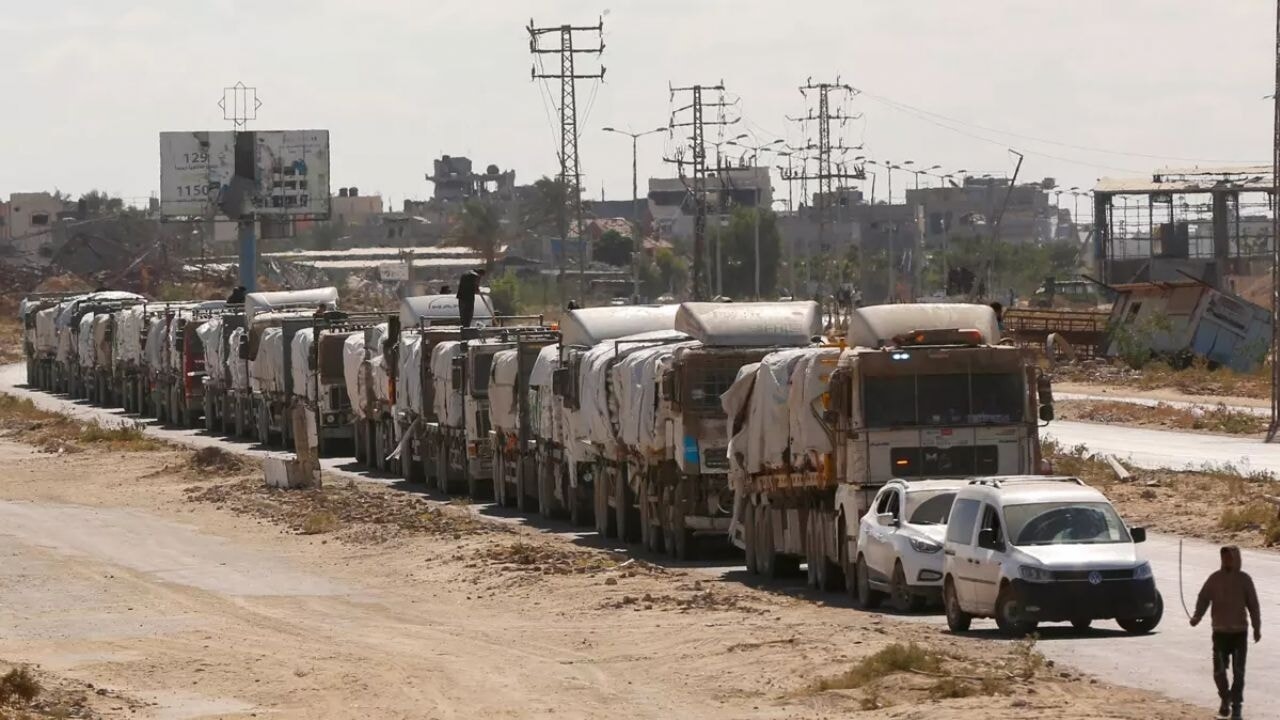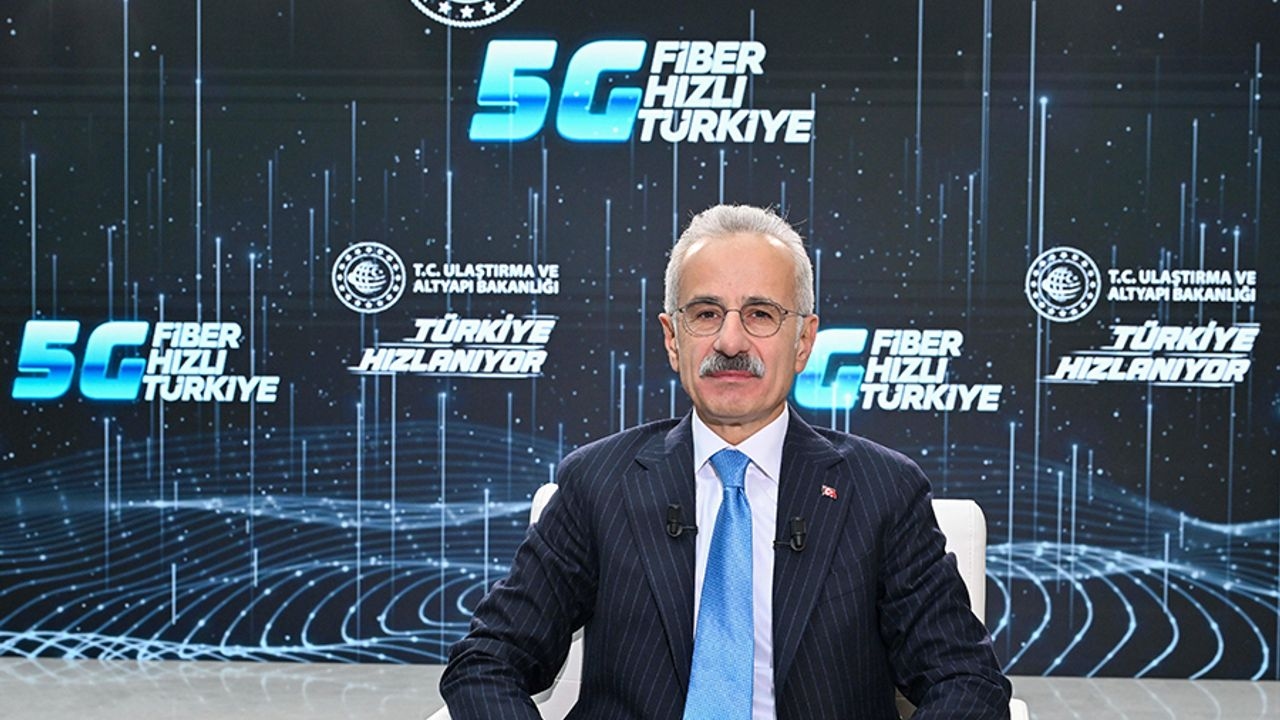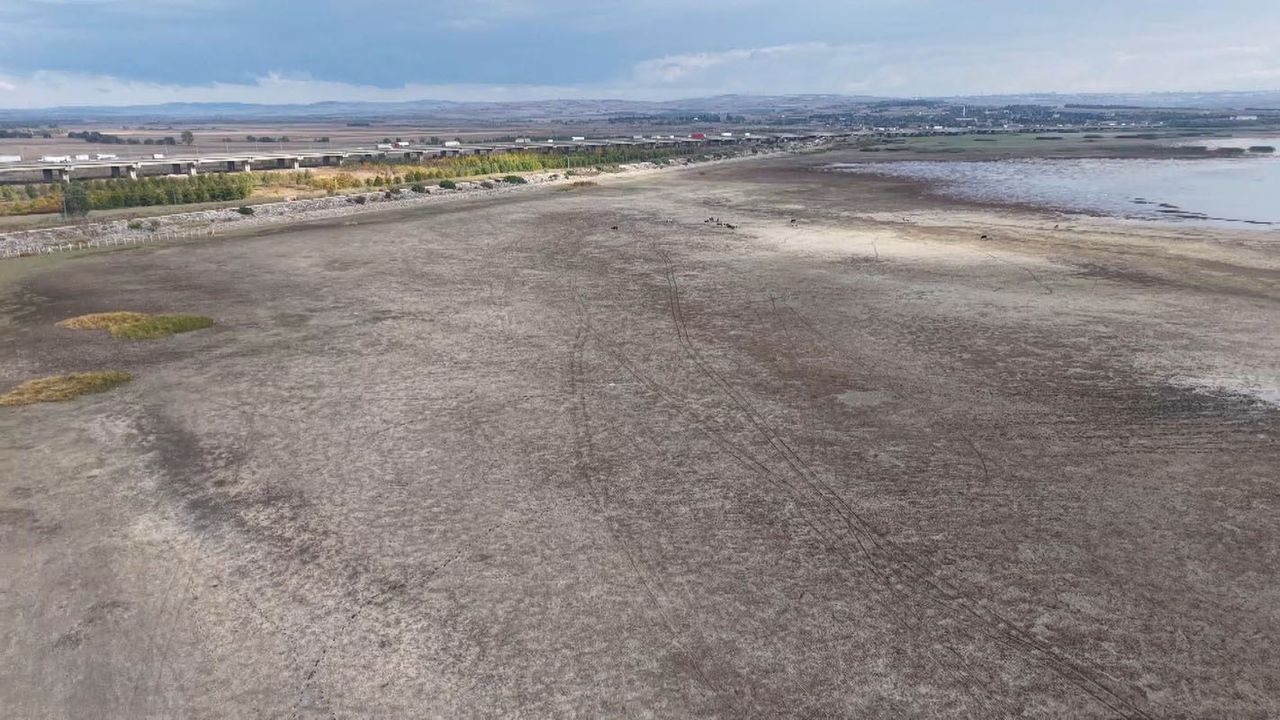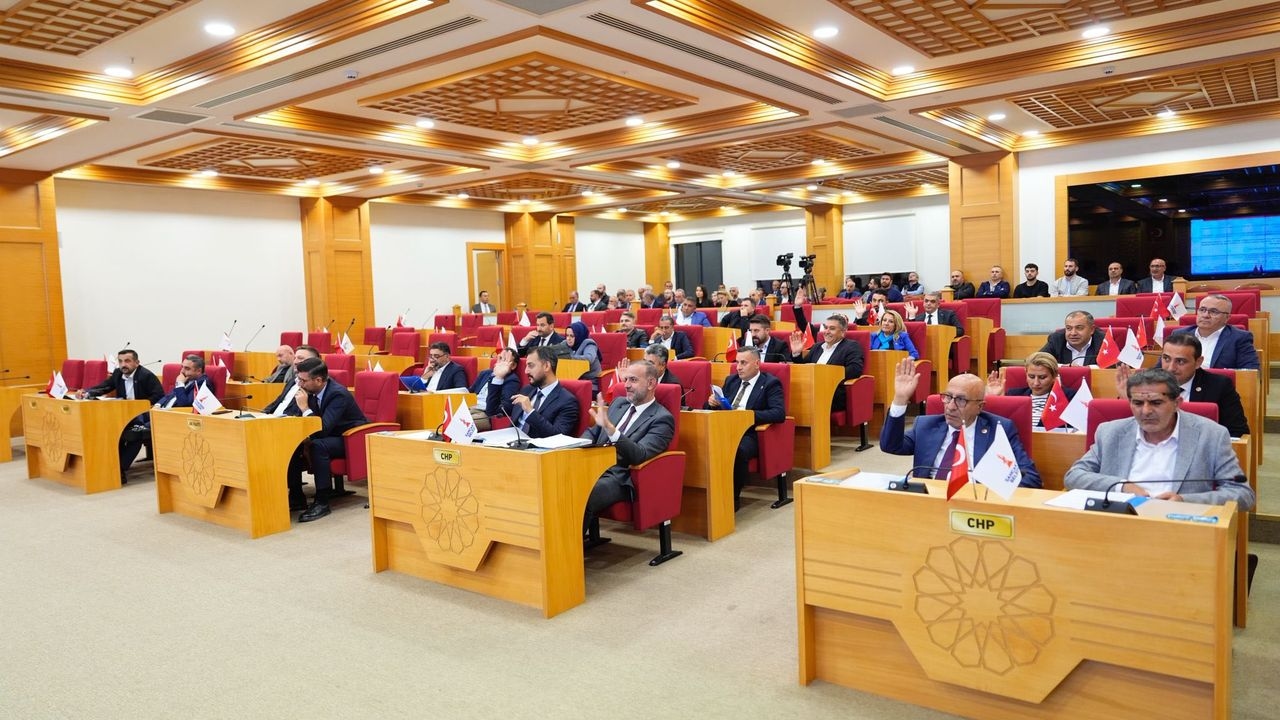Israeli blockade continues! Aid cannot reach Gaza

Ismail al-Sawabite told an Anadolu Agency (AA) reporter that the ceasefire, reached after two years of Israeli attacks on the Gaza Strip, took effect at noon on October 10. Sawabite reported that only 173 aid trucks entered Gaza after the ceasefire, three of which carried cooking gas, six carrying diesel fuel, and the others containing limited amounts of food, basic necessities, and medical supplies.
Sevabite stated that even the minimum level of aid reaching Gaza is insufficient, describing this amount as "just a tiny speck in the sea of needs, considering the devastating consequences of the two-year Israeli genocide." Sevabite noted that the government meticulously assesses the aid entry process, type, and distribution mechanism, and noted that Israel continues to restrict access at border crossings.
Sevabite said that the destruction of infrastructure and roads in the attacks caused significant difficulties in delivering aid to the northern and southern provinces. He emphasized that the Gaza government is continuing its efforts to ensure that aid reaches those in need.
GOVERNMENT PRIORITIES AND SECURITY SITUATIONSevabite stated that the government's priorities include ensuring security, providing food, medical care, and shelter, and re-launching public services. He emphasized that maintaining stability requires controlling security, preventing chaos, and establishing the rule of law.
The Palestinian official said the government's urgent priorities are ensuring every family has access to food, water, and basic necessities, providing medicine and treatment, and repairing the deteriorating healthcare system. Sevabite noted that efforts are underway to provide shelter for the approximately 288,000 families who lost their homes and to restore public services such as water, electricity, sewage, and sanitation.
He also stated that educational activities would gradually resume once a safe environment was established and that intense efforts were being made to rebuild the infrastructure and facilities destroyed by Israel.
Sevabite stated that the decisions taken by security units to restore public order have yielded positive results, noting a tangible improvement in the security situation. He noted that organized security operations are being conducted in some areas to prevent limited violations, and that illegal activities are being combated within the legal framework.
Sevabite noted that the rule of law will be implemented with determination and that security forces act with a sense of responsibility for the safety of citizens and the stability of society.
Losses and destruction are growingSevabite stated that search and rescue teams are working intensively to find 9,500 missing Palestinians, the majority of whom are women and children, in the massive destruction caused by the two-year-long attacks in Gaza. She added that the biggest obstacles are the lack of equipment, fuel shortages and the dangerous nature of the rubble.
Sevabite stated that arrangements for the future administration of the Gaza Strip are still under negotiation, saying, "Any administrative or political arrangements in Gaza must be made based on the highest national interests of Palestine." He emphasized that these arrangements must be based on the will of the people and their right to govern, and that it is important to be free from external pressure.
Armistice and Prisoner Exchange AgreementUS President Donald Trump announced on October 9 that Israel and Hamas had approved the first phase of a ceasefire plan in Gaza during ongoing negotiations in Egypt. The agreement, signed in Egypt, went into effect on October 10, and the ceasefire began at noon after the Israeli army withdrew to the area designated as the "yellow line."
Ah
Timeturk





